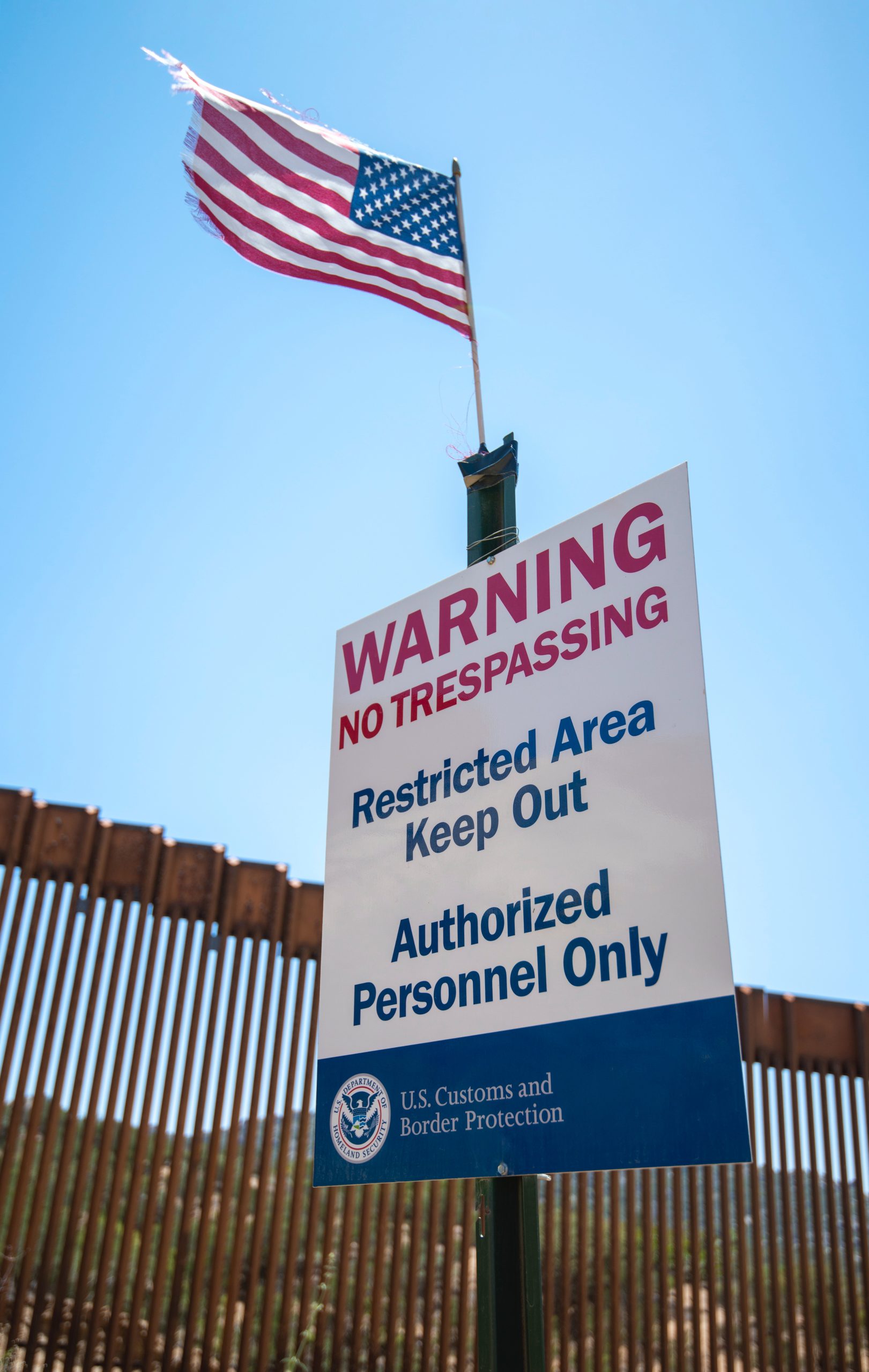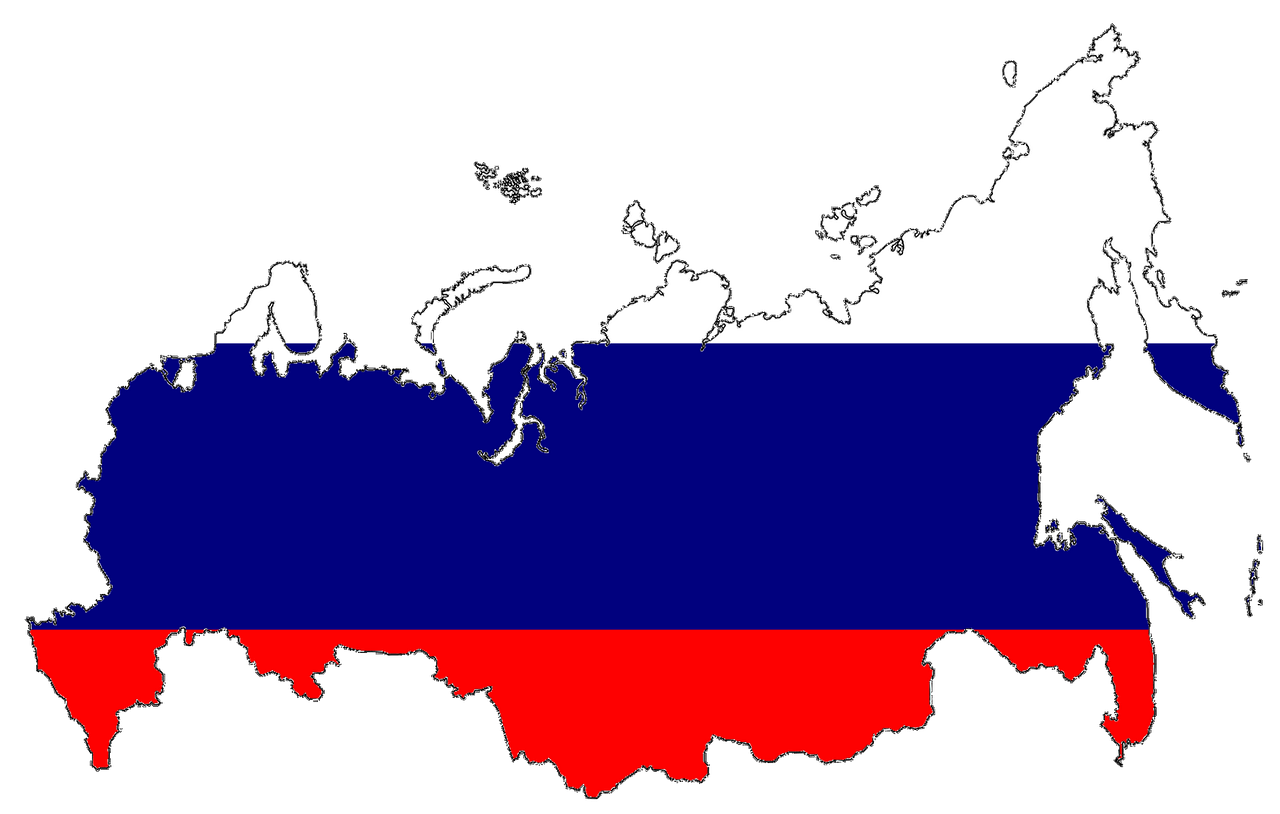This week brings positive immigration news indeed. We are happy to report that the United States Citizenship and Immigration Service (USCIS) has updated its policy guidelines regarding validity periods for Employment Authorization Documents (EADs) for asylees and refugees, noncitizens with withholding of deportation or removal, noncitizens with deferred action, parolees, and Violence Against Women Act (VAWA) self-petitioners.
What is the new policy all about?
In the new policy alert, USCIS points out that under current guidelines the agency has been issuing initial and renewal Employment Authorization Documents (EADs) with a 1-year validity period, to asylees and refugees, noncitizens with withholding of deportation or removal, and VAWA self-petitioners.
Furthermore, in at least some cases involving deferred action or parolees, initial and renewal EADs are being issued for an even shorter duration, than that of the underlying deferred action or parole period, forcing applicants to file multiple applications for Employment Authorization to prevent employment gaps to cover their entire period of deferred action or parole.
The government is now recognizing its incredible inefficiency and is changing its policy to align with the Biden administration’s agenda. The USCIS policy manual has now been revised to state that initial and renewal EADs may be issued with a maximum validity period of up to 2 years for asylees and refugees, noncitizens with withholding of deportation or removal, and VAWA self-petitioners. For deferred action and parolee applicants, USCIS will now issue EADs up to the end of the authorized deferred action or parole period for individuals seeking an EAD in these filing categories.
Please note that replacement EADs will not be affected by this policy change. USCIS will continue to issue replacement EADs with the same validity date as the original EAD.
When is this new policy effective?
The updated policy guidance, contained in Volume 10, Part A of the USCIS Policy Manual, is effective as of today Monday, February 7, 2022.
Accordingly, USCIS will immediately apply the updated validity period guidelines to EADs issued for impacted categories on or after February 7, 2022.
 Visa Lawyer Blog
Visa Lawyer Blog











